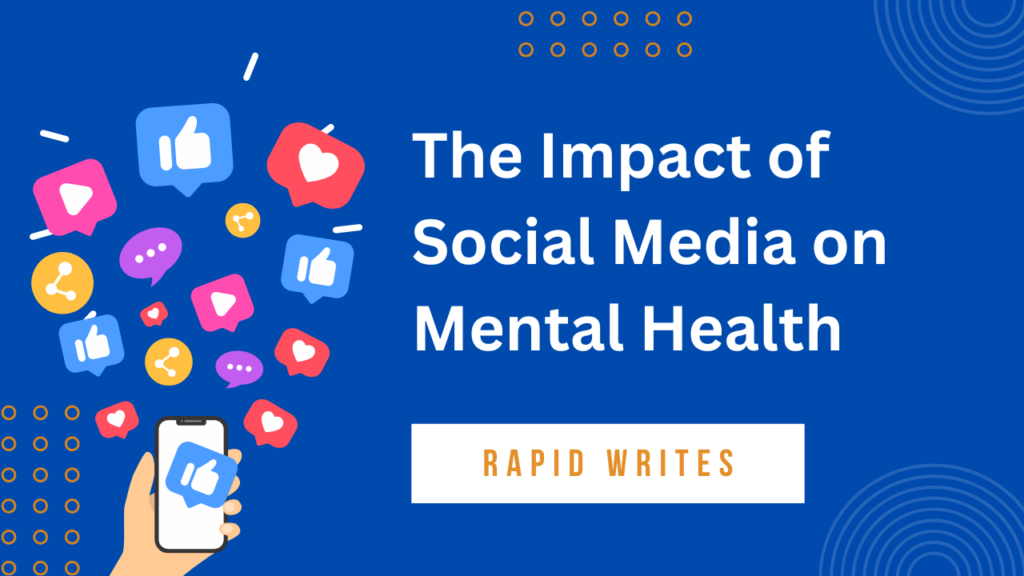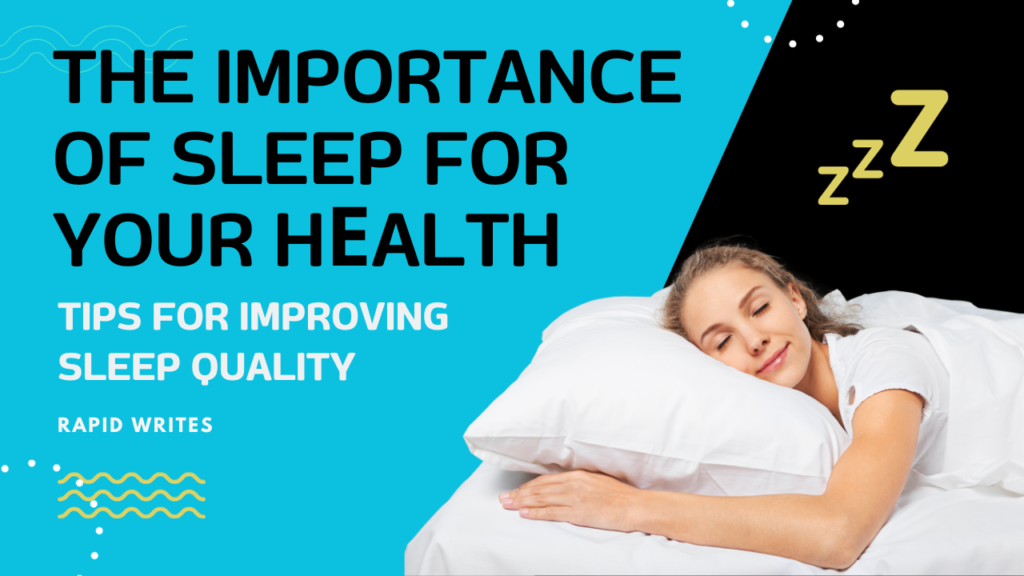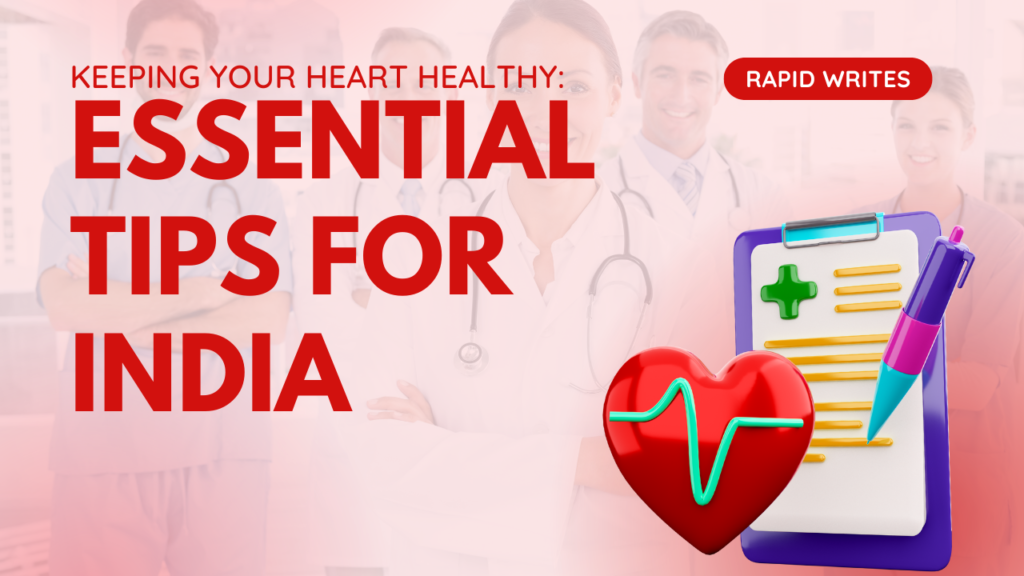In today’s digital age, social media has become an integral part of our daily lives, with billions of people worldwide logging in to connect, share, and learn. While these platforms offer numerous opportunities for positive engagement, their impact on mental health is complex and multifaceted. This blog explores the nuanced effects of social media on our mental well-being and offers strategies for healthier usage.
Positive Impacts of Social Media Connection and Community Building
Social media breaks down geographical barriers, allowing users to connect with like-minded individuals across the globe. These platforms can foster a sense of belonging and community, particularly for those who feel isolated in their physical environments.
Access to Information and Educational Content
From learning new skills to staying informed about current events, social media provides access to a wealth of information and educational resources, contributing to our personal and professional growth.
Platforms for Self-Expression and Identity Exploration
Social media gives individuals a space to express themselves, share their creativity, and explore different facets of their identity. This can be particularly empowering for marginalized groups and those seeking a supportive community.
Negative Impacts of Social Media
Comparison and Self-Esteem Issues
The curated nature of social media content can lead to unhealthy comparisons, with users measuring their lives against idealized representations of others. This can significantly impact self-esteem and body image.
Cyberbullying and Online Harassment
Social media can also be a breeding ground for cyberbullying and online harassment, exposing users to negative and harmful interactions that can have lasting effects on their mental health.
Information Overload and Addictive Behaviors
The constant stream of notifications and updates can lead to information overload and addictive behaviors, with users feeling compelled to check their devices incessantly, impacting their ability to focus and maintain real-world relationships.
Understanding the Psychological Effects
The psychological effects of social media can include increased anxiety, depression, and loneliness, especially among heavy users. The instant gratification and dopamine hits from likes and shares can contribute to addictive patterns of behavior, emphasizing the need for mindful engagement with these platforms.
Strategies for Healthy Social Media Use Setting Time Limits and Notifications
Implementing time limits for social media use and turning off non-essential notifications can help reduce screen time and minimize distractions.
Curating a Positive Social Media Feed
Actively curating your social media feed to follow accounts that inspire and uplift you can transform your social media experience into a more positive one.
Engaging in Digital Detoxes and Mindful Use of Technology
Regular digital detoxes and mindful use of technology, such as not checking social media first thing in the morning or right before bed, can improve mental health and well-being.
Conclusion
Social media’s impact on mental health is profound and complex, requiring a balanced approach to harness its benefits while mitigating its risks. By reflecting on our social media habits and implementing strategies for healthier use, we can enjoy the connections and opportunities these platforms offer without compromising our mental health. Let’s strive for a mindful and balanced digital life.



